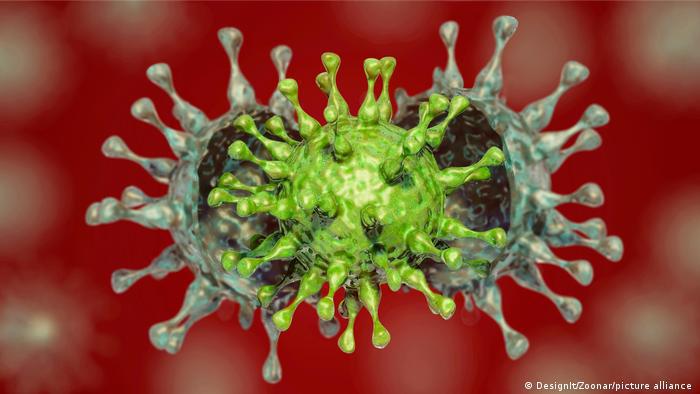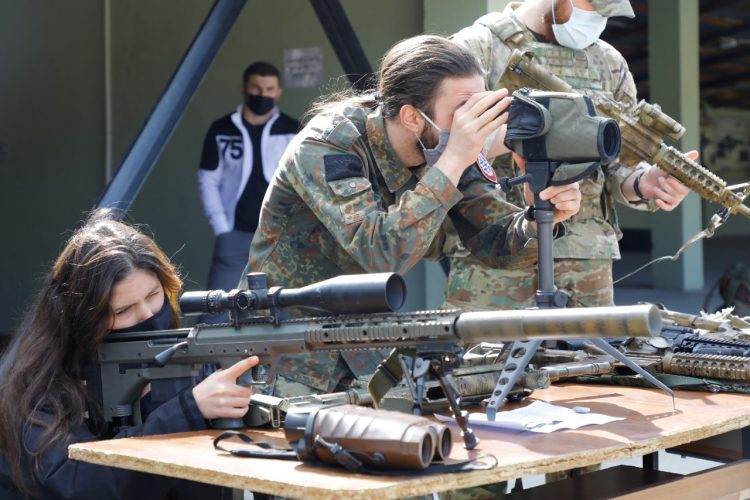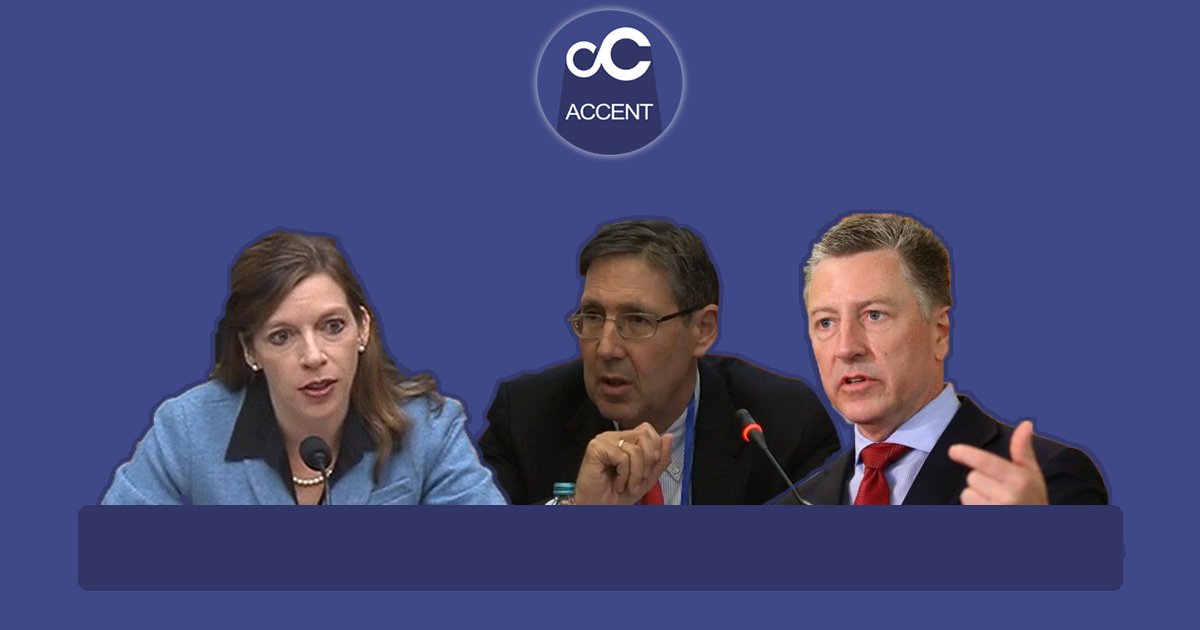
WHO confirms Imnadze-Gamkrelidze's information on Indian Covid-19 variant
06/05/2021 06:36:12 Society
The World Health Organization confirms the information of the Georgian National Center for Disease Control, according to which, Indian Covid-19 variant has not been detected in Georgia yet.
"The B.1.617 variant originally identified in India has not been reported in Georgia as per WHO data," the WHO Regional Office for Europe told the Accent.
As for the approval of the Chinese Sinopharm, WHO said:
"WHO's advisory group started final assessment of Sinopharm for Emergency Use Listing last week. We expect to have a decision by the end of this week and will in any case make the decision public as soon as possible."
On May 4 Lado Kakhadze, a lawmaker from the Georgian Dream party who is deputy chairman of the parliamentary health committee, said there had been several Indian Covid-19 variant in Georgia. Later, Amiran Gamkrelidze, head of the Georgian National Center for Disease Control, and his deputy Paata Imnadze, denied the information spread by the politician.
WHAT IS THE INDIAN VARIANT?
The B.1.617 variant contains two key mutations to the outer "spike" portion of the virus that attaches to human cells, said senior Indian virologist Shahid Jameel.
The World Health Organization (WHO) said the predominant lineage of B.1.617 was first identified in India last December, although an earlier version was spotted in October 2020.
The WHO has described it as a "variant of interest", suggesting it may have mutations that would make the virus more transmissible, cause more severe disease or evade vaccine immunity. Other strains with known risks, such as those first detected in the United Kingdom, Brazil and South Africa, have been categorised as "variants of concern," a higher threat level.
ARE VARIANTS DRIVING THE SURGE IN CASES?
It's hard to say.
The WHO says more study is urgently needed. Laboratory-based studies of limited sample size suggest potential increased transmissibility, it concluded.
DO VACCINES STOP IT?
One bright spot is that vaccines may be protective. White House chief medical adviser Anthony Fauci said earlier this week that preliminary evidence from lab studies suggest Covaxin, a vaccine developed in India, appears capable of neutralizing the variant.
Public Health England said it was working with international partners but that there is currently no evidence that the Indian variant and two related variants cause more severe disease or render the vaccines currently deployed less effective.









